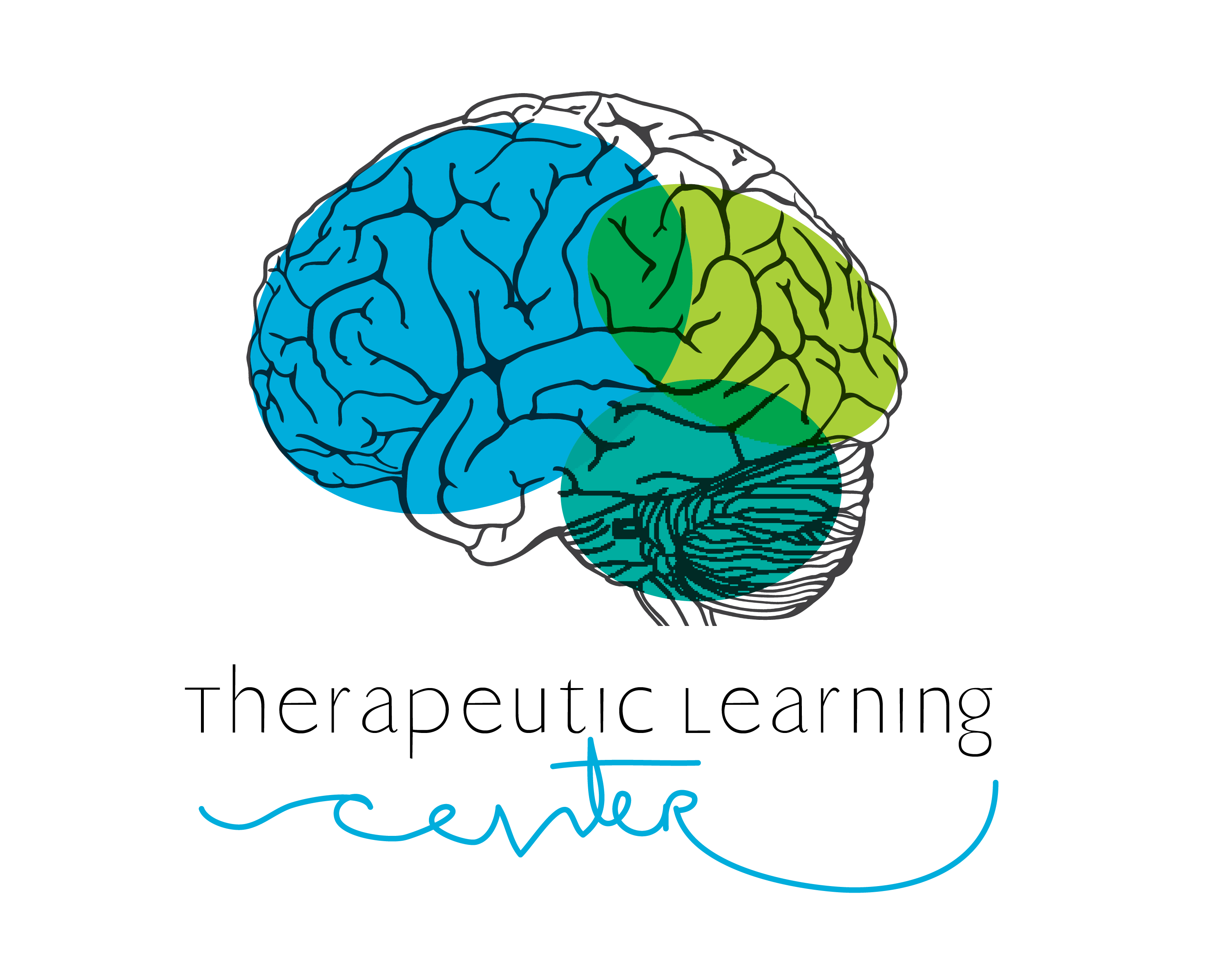He was 2 years old when his speech began to decline. Fear enveloped my cousin as she realized that one of her twin boys was not developing as planned. A parent places their hopes and dreams into their children and when their child struggles, it hurts. One doesn’t want their child to struggle but to be happy, successful and content in life. Being able to accept the fact that one’s child is struggling academically or socially is very difficult and will often take a long time. It is okay to feel discouraged, or to cry, but there is hope.
 Accepting and acknowledging that one’s child is struggling is the first step towards understanding and seeking help. The goal is not to diagnose one’s child, but to see the multifaceted issues that may be affecting your child’s self-esteem and confidence. Behaviors are often seen as an issue with a child’s motivation or how hard they try when these behaviors are more likely attributed to a learning challenge. People like to succeed. Have you ever met anyone that loved to fail? It is the same with our kids. No kid truly wants to fail at something, but when they do fail and can’t seem to get it no matter how hard they try, they may give up. The challenges they face are more than just motivation or bad behavior, they stem from actual learning deficits.
Accepting and acknowledging that one’s child is struggling is the first step towards understanding and seeking help. The goal is not to diagnose one’s child, but to see the multifaceted issues that may be affecting your child’s self-esteem and confidence. Behaviors are often seen as an issue with a child’s motivation or how hard they try when these behaviors are more likely attributed to a learning challenge. People like to succeed. Have you ever met anyone that loved to fail? It is the same with our kids. No kid truly wants to fail at something, but when they do fail and can’t seem to get it no matter how hard they try, they may give up. The challenges they face are more than just motivation or bad behavior, they stem from actual learning deficits.
We have to accept that our children are not perfect, that sometimes they have real learning difficulties, and that there are resources and interventions that can help. From here we can tackle whatever challenges may come. A child knows when they are falling behind in class. They often wonder why it is taking them so much longer to complete assignments in class. “Why does everyone else get it and I don’t?” “It is too difficult. I am trying hard but it just isn’t working. I know that I am in the group that is not ‘smart.’” Confronting this head on and getting to the root of these feelings and learning challenges is so important. It is not about providing a label but rather figuring out the root of the problems. Labels can help to provide a child with an understanding of the challenges that they face. With that, it is very important that the negative stigmas attached to labels are eliminated.
Breaking through the stigmas that are attached to labels can be very beneficial for parents and children. Letting a child know that the reasons that they are struggling in class is due to a specific learning challenge that they have allows the child to move forward. It is more the way in which we deal and view the labels that matters. Diagnosing a child with dyslexia does not mean that they are incapable or unable to do everything that everyone else does. While giving your child a diagnosis of dyslexia seems scary, it can be helpful and beneficial. They can begin to understand their challenges more and learn about others who have overcome their difficulties. In fact, children and adults with dyslexia are very creative and have amazing talents. When a child is able to own the term and understand that they are amazing and so talented because they are dyslexic, and not the other way around, change happens.
When we acknowledge and identify the child’s challenge and we create a plan we create hope. A hope that your child will no longer view himself/herself negatively, they will embrace their differences and they will pursue their dreams!




